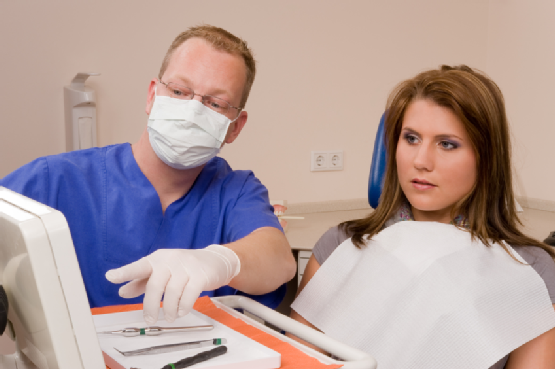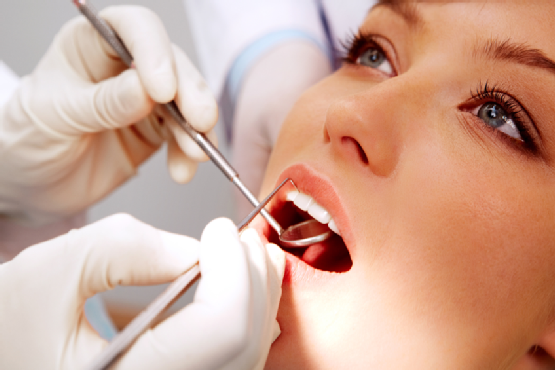When it comes to taking care of your oral health and the cosmetic appearance of your teeth, experienced dentists know best . Each patient has specific concerns, so it’s important to talk to your dentist before using any new product, especially if you have dentures or have had cosmetic work done. Most patients can benefit from these dentist-approved products.

Biotene
If you suffer from dry mouth or inadequate saliva, you are probably already familiar with the irritating and uncomfortable symptoms. Unfortunately, dry mouth can also cause a whole host of health problems , from serious tooth decay to chronic bad breath and even infection. Biotene is the No. 1 dentist-recommended product to treat dry mouth symptoms. A great-tasting toothpaste, mouth spray, oral rinse, gel, and chewing gum all contain Biotene’s innovative moisturizing polymers so you can find immediate oral comfort and relief.
Sonicare Toothbrush
Dentists everywhere recommend Sonicare electric toothbrushes for patients of all ages. With an innovative design that is based on vibration, a Sonicare toothbrush allows you to brush as you normally would even as your teeth and soft gum tissues are cleaned more efficiently. For patients with heavy plaque or tartar buildup, dentists recommend Oral B toothbrushes.
Retainer Brite
When you visit your cosmetic dentist to get Invisalign aligners, a retainer, or a specially fitted athletic mouthguard, your dentist will most likely recommend Retainer Brite as the best cleaning solution. Retainer Brite helps keep your removable dental appliances stain-free and clear while providing essential disinfecting and cleaning aid.
For all your cosmetic, general, and restorative dentistry needs, visit Chicago’s University Associates in Dentistry. Our dentists are proud to provide the very latest techniques and the most innovative dental procedures to all of our patients. Whether you want to learn more about dental implants or All on 4 permanent denture replacement or would like to chat with a dentist about Invisalign, call us today at (312) 704-5511.




